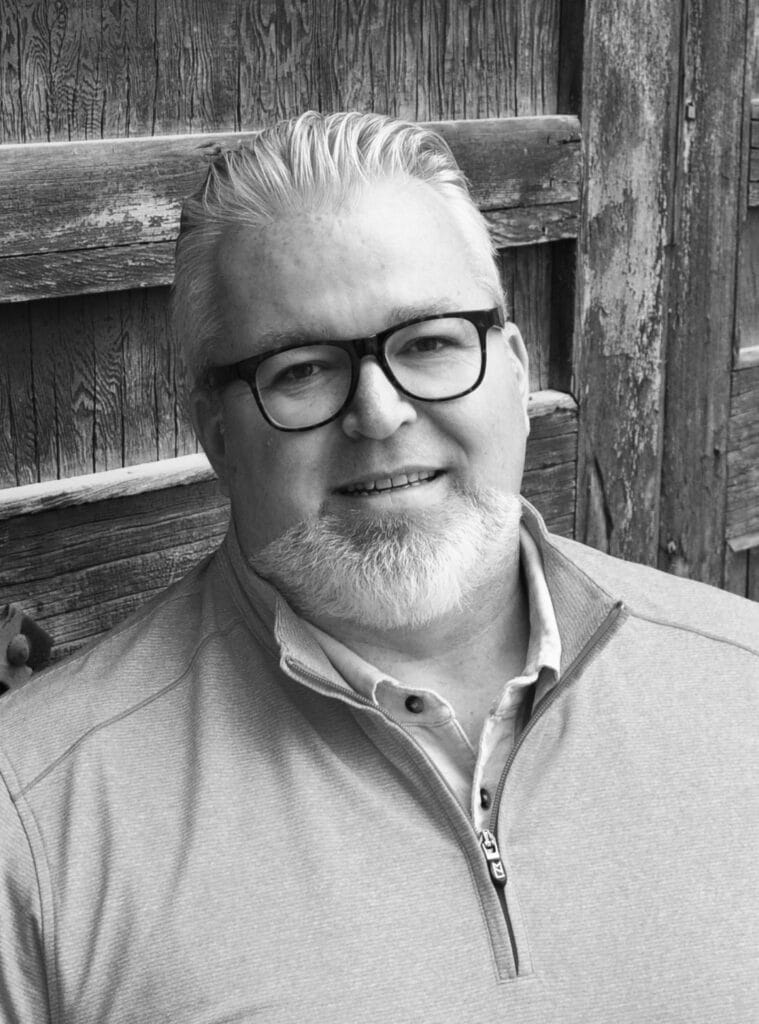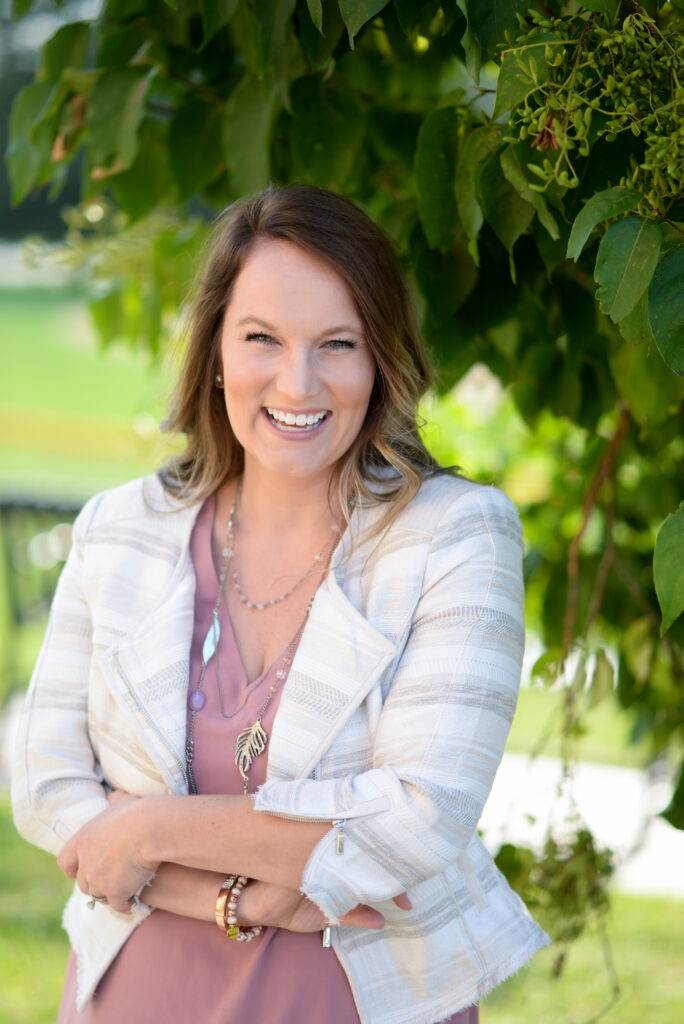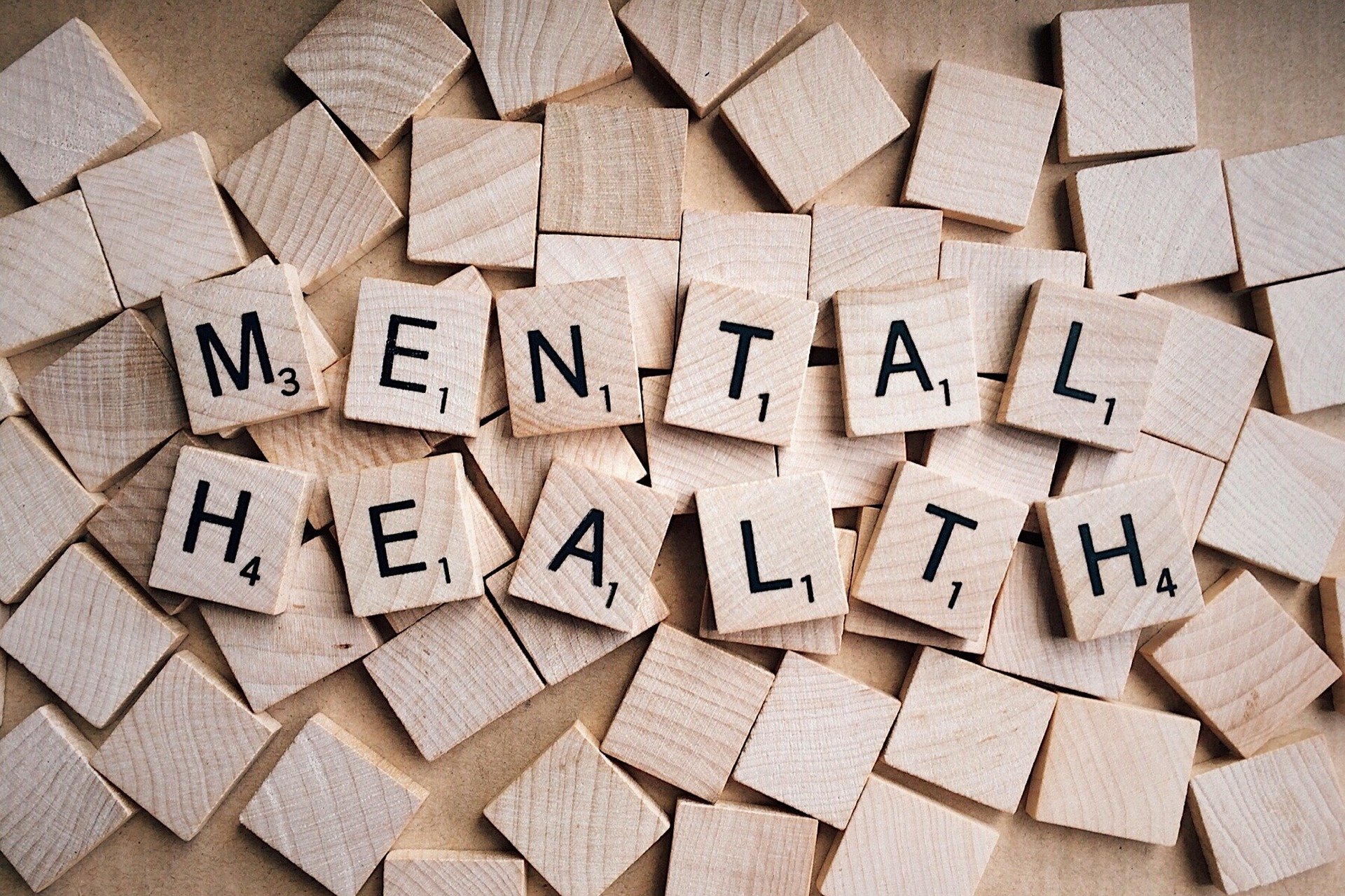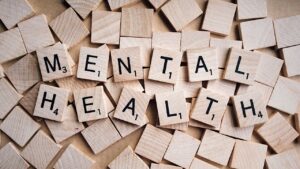While it might be uncomfortable question to ask, checking in can change a life.
From technicians and sales reps to farmers in the field, everyone’s mental health matters. The pandemic added isolation to the already stressful agribusiness world and making connections with customers and coworkers is more important than ever.
Shawn Brook, president of Seed World Group, believes companies must find a way to bridge the gap.
“So many of our tools to check in with people have been taken away right now. But that connection still needs to happen,” Brook says. “We just want to know that we’re not the only one.”
Data from the U.S. Center for Disease Control show the suicide rate among farmers to be 1.5 times higher than the national average, with agricultural workers falling in the top five industry groups for suicide rates.
In Canada, the 2016 National Survey of Farmer Mental Health found that 58% of farmers met the qualifications for anxiety and 35% for depression.
Adrienne DeSutter, ag mental health specialist with Farm State of Mind, knows the numbers, but understands they feel more real when attached to people in the room, maybe even sitting next to you on the couch.
“We read that farmers die by suicide, and experience depression and anxiety more than other occupations, but the biggest statistic for me was in those first couple of presentations I was giving. I would say, ‘Raise your hand if you know a farm family who lost a farmer to suicide,’ and almost every hand was up almost every time,” she says.
Moreover, according to a December 2020 Farm Bureau poll, the percentage of farmers and farmworkers who say social isolation has impacted their mental health has increased 22% since April 2019. If ever there was a time to focus on building
connections and sharing support, it’s now.
Share Stories
Experts agree that making a personal connection is one of the more effective ways to make an impact on someone who is struggling.
“Our stories as farmers, as agriculturalists, as humans, those messages and that
connection are the most powerful resources,” DeSutter says.
After losing his wife to suicide, Brook’s own story is powerful, and he is grateful to have had the chance to share his experience. He specifically remembers one older farmer coming up to him after his first public talk on mental health.

“I was thinking, ‘Oh, boy, here we go. He is going to give it to me something fierce,’” Brook says. “But, he told me that we saved his life, because he was he was going to harm himself, and now had changed his perspective knowing so many other people felt the same way and understood what he was going through.”
Stories like that one are a powerful reminder that no one is too tough to talk about their feelings, but on the flip side, it’s also tempting to think
stories aren’t important enough to share.
“Humbleness, which of course can be very good, also gets in our way. But telling our story is the way that people can then make a connection,” he says. “It’s a lot easier to fall in behind someone who’s
telling their story, than to be that first person to stand up.”
Thankfully, mental health discussions are becoming more acceptable in agricultural circles.
DeSutter recounts seeing a tweet from a farmer recently who shared he went to a therapist for the first time.
“He had dozens, probably 100 responses of more, that were that were saying, ‘I support you,’ or ‘Me too,’ or ‘Maybe I’m going to do that too,’” she says.
See the Signs
Small check-ins can make a big difference.
“Professional help is
absolutely necessary,” DeSutter says. “But we have to remember that we are the biggest resource for each other, we’re the frontline. And we’re the ones who are going to see when something is a little off.”
Recognizing risk factors and learning to spot signs of distress is important, but not always easy in a high-stress industry.
“There are a billion signs. And that’s what’s kind of tricky. Because there’s a long, long list, and we are all very different, we can’t think of it like a checklist. I think it’s more important that we know each other, and that we take time to know ourselves. Then, we’re looking for changes in people, and we’re paying attention to ourselves as well,” DeSutter says.
Be Brave
Even if signs of stress or depression are noticeable, farmers, especially, have the reputation of being stoic, and strong. While those tendencies help them with resilience in an unpredictable industry, it can also lead to friends, family and colleagues being more hesitant to reach out.
Brook says the way to combat this is to just be brave, for a few seconds.
“We just need to be brave in that first moment when our brain says, ‘I can’t ask them this, or I can’t have this conversation because I don’t know enough,’” he says.
It’s also important to remember that taking this initial step doesn’t mean you have to have all the answers or right things to say. You just need to be there for someone.
“I can offer support, but when someone is in crisis, I have to transition from offering them support, to figuring out how to get them professional help,” he says. “So, knowing those resources and understanding how to get in touch with them can be one of the greatest tools in your tool belt to have a hard conversation like that.”
Brook keeps a card in his wallet with information and phone numbers on it, something he’s used many times, but he understands that the best way to help is to prevent someone from reaching that crisis point by keeping those check-in conversations a priority.
Consider Company Changes
Companies that want to invest even more in supporting mental health can take a few specific steps, starting with providing expanded insurance coverage or resources for their employees. They can also provide specific training programs to equip their teams.

“We’re seeing companies participate in funding projects and events at a higher level than I think anyone could have ever imagined,” Brook says.
He mentions that Seed World Group provides sales training for organizations, which now includes training to teach seed sales reps how to check in on mental health as a service to their clients.
“This is a massive boots-on-the-ground force that impacts and connects with producers on an ongoing and constant basis, and now they are equipped with tools to be able to do some of this within our industry,” Brook says.
With intention, engaging employees and even
customers in mental health conversations can become an integral part of an organization’s culture.
For Seed World Group, that looked like hiring a chief morale officer, or in other words, the corporate “mom.”
“She doesn’t have an operational responsibility. She has a mental health and wellness responsibility. So that I know I have someone that’s thinking about that all the time,” Brook says.
DeSutter says prioritizing mental health support in these ways sends a powerful message.
“When you have big companies that are willing to say, ‘This is important, and it might be awkward, but we’re going to do it because we care about you and your families;’ that has created a really awesome dynamic,” she says.
Selfcare and Stress-Relief
The first place to start supporting the mental health of those in the agricultural industry? Yourself.
While “self care” may evoke images of candles, yoga and bubble baths, simple breathing exercises are a much more practical and effective suggestion for busy ag workers. They can be done in a tractor, at a desk, or driving down the highway. And now is the time to learn.
“When we’re in the middle of crisis, we’re in that heavy stress. That’s not the time to consider learning new stress management techniques,” DeSutter says. “We need to be proactive and practice those things ahead of time.”
DeSutter also suggests those in the agricultural industry begin with the basics.
“Science does tell us that we need sleep, we need to eat, we need to move and get our blood flowing. Those are all just very basic needs that we need to have that can keep our stress underway. So, we have to get creative and figure out how can we fit that into our life,” she says.
Brook says taking time off is also crucial.
“One thing that I have learned about myself is that I don’t realize I’m stressed out until I get relaxed,” he says.
Taking the time to learn about mental health is perhaps the most important step toward mitigating the pressures of the agricultural industry.
“We have to educate ourselves. I embarrassingly didn’t know enough about mental health. And I don’t want anyone to have to learn about mental health, the way that I learned about mental health,” says Brook.
“We have to know what works for us and what doesn’t work for us,” DeSutter says. “A lot of times, we want to tell people what to do. Things like ‘you need therapy,’ ‘you need to get on medication,’ or ‘you need to look on the bright side.’”
But, nobody likes to be told what to do, she says. “One of the biggest things we can do to support people, again, is going back to listening and empathy.”
If You Liked This…
How’s Your Mental Health – A Seed World Strategy Webinar & Podcast
Saving Corn from the Drought – A Seed World Strategy Webinar & Podcast
Staying Competitive in a Soybean Market – A Seed World Strategy Webinar & Podcast












